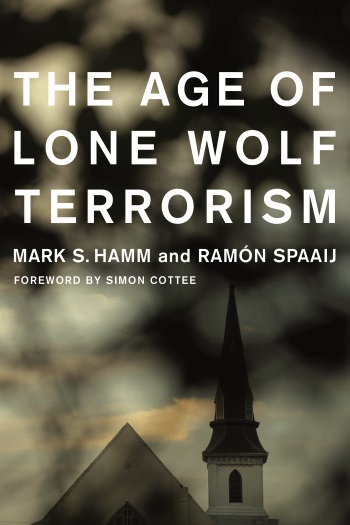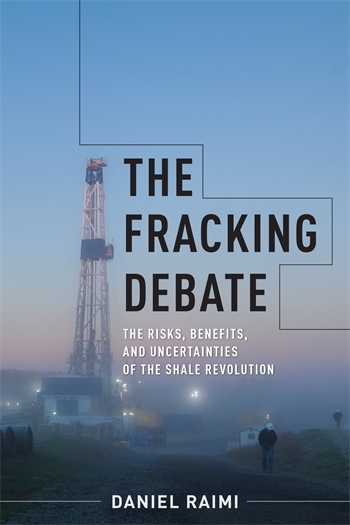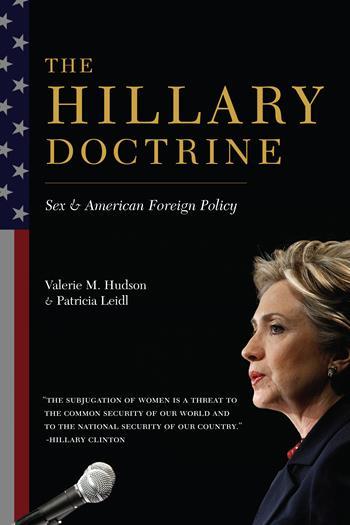Adressing the ideological confusion at the heart of Pakistan
On the Web site Rorotoko, Farzana Shaikh, author of Making Sense of Pakistan, explains the main arguments of her book and the ways in which they challenge conventional interpretations Pakistani politics and history. (For more on Shaikh’s book, which has been receiving a lot of attention recently, you can also watch an interview with her or read a profile of her in the Times Higher Education supplement.)
While many have argued that religion was used by the Pakistani elite to justify its demands for separate statehood from India, Shaikh suggests that Islam has played a more ambiguous role in Pakistan, leaving the nation without a clear sense of identity. This lack of identity has had serious consequences not only for Pakistan but the region as a whole. Shaikh writes:
“One major consequence of this lack of clarity over Islam has been the construction of a negative identity predicated on opposition to India. In the absence of a consensus over what Pakistan stood for, the definition of Pakistan’s identity, coherence and unity came to rest on rivalry with India. This, in turn, had significant implications. The military emerged as the dominant state institution and, in the process, as a key arbiter of Pakistan’s national identity. Over time the country was also lured into embarking on dangerous foreign engagements. While aimed primarily at matching India, these have had disastrous consequences for Pakistan as well as for the wider global community.”
Shaikh concludes by offering a look at Pakistan’s current situation and its potential future:
“The country clearly stands at the crossroads. Although deeply troubled by the lack of a clear identity, it is by no means certain that Pakistan has exhausted all its resources in terms of seeking to develop a future grounded in rules of political negotiation rather than in the questionable assumptions of a ready made Islamic consensus. The time left to ensure its survival may be short but Pakistan has withstood many a bruising battle and survived.
The country is in the throes of change — changes that point to the determination of its people, if not of its governing elite, to be more receptive to new ways of imagining their country’s identity. By recasting its enduring quest for consensus in the light of a heritage rooted in the more syncretistic traditions of Indian Islam, Pakistan may yet succeed in projecting an identity that reconciles Islam’s universalist message with respect for the rich diversity of its peoples.”




